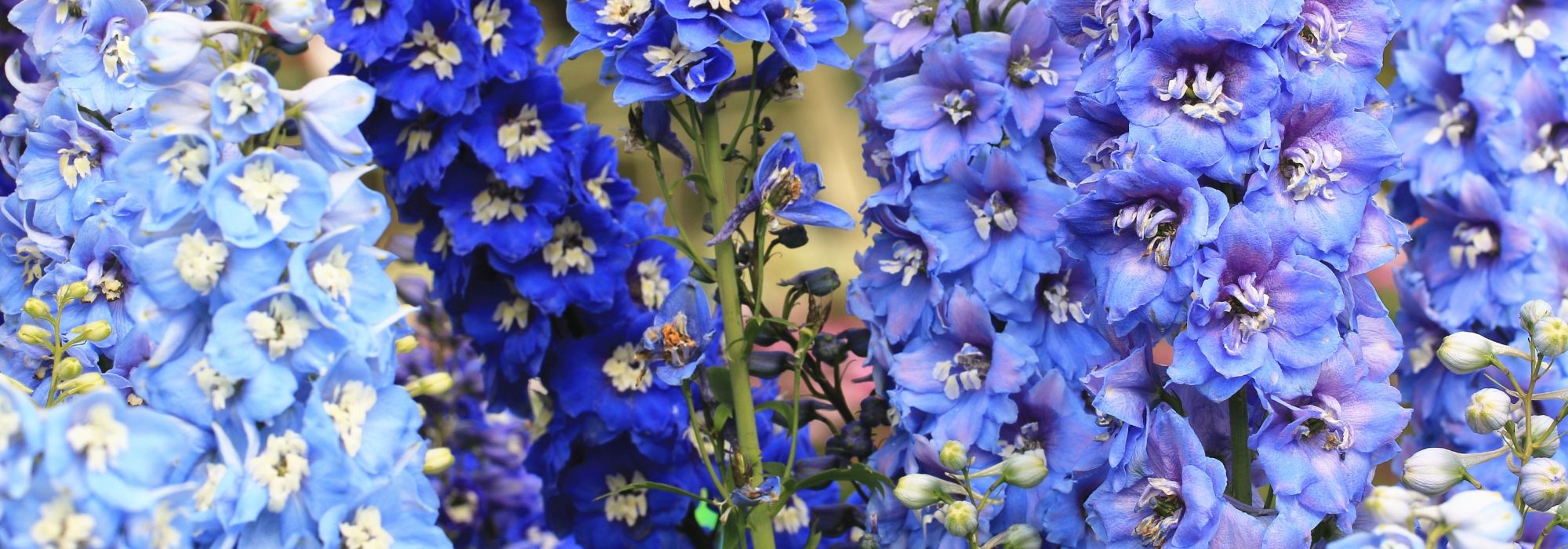
10 perennial plants with blue flowers you must have in your garden
Azure must-haves...
Contents
Azure blue, gentian blue, Majorelle blue or even Smurf blue… there are blue flowers for every taste and every garden. But beware, we mean true blue here! Not a vague mauve or a pale violet. Proper blue, that is! This colour is often overlooked in gardens, wrongly so. Blue, however, pairs wonderfully with orange tones. It softens shades that are too bright or too warm, such as yellow and red. Add to that how little touches of blue enhance the green tone of foliage that had seemed merely plain green and you’ll understand why planting blue flowers is essential. Here is our selection of the most beautiful blue flowers!
Aconite, Jupiter's Galea: the beautiful poisonous plant...
Few plants in our flora offer such deep blue flowering. Aconitum napellus is a very hardy perennial native to Eurasia that produces in summer tall flowering stems sometimes nearly 1.50 m high, bearing spikes of upright blue flowers over attractive divided foliage. Its verticality and colour make it a focal point at the back of a border or in a naturalistic meadow. Aconitum prefers cool, fertile soil, preferably in partial shade. Its somewhat bad reputation comes from the fact that this plant is one of the most potent botanical poisons in our flora. We know that, nowadays, “nibbling” plants from your garden is fashionable, but this one: do not eat it!
→ Discover all our blue-flowering aconites in our online nursery and, to succeed in growing them, our advice in “Aconite: planting, caring for and dividing
Delphinium, larkspur: a true 'restaurant' for butterflies
Emblématiques des jardins anglais, delphiniums or “Larkspur” are also tall, structuring perennials for natural or meadow-style gardens. They can therefore be planted in beds, borders and even in pots. Beautiful though somewhat delicate, their long flower stems sometimes reaching nearly 2 metres, are declinate into ramified or dense spikes of different colours depending on the variety: violet, white, yellow, pink, red or even gentian-blue as in the case of Delphinium belladona ‘Bellamosum’. These perennials, sometimes described as a little capricious, take one to three years to really establish themselves but then flower generously year after year, delighting you and butterflies. Delphiniums prefer full sun and rich, deep but well-drained soils.
→ Find all our delphiniums with blue flowers in our online nursery as well as all information needed for their cultivation in this care sheet: “Delphiniums: planting, sowing and maintaining
Discover other Blue flowering perennials
View all →Available in 1 sizes
Available in 1 sizes
Available in 1 sizes
Available in 1 sizes
Available in 1 sizes
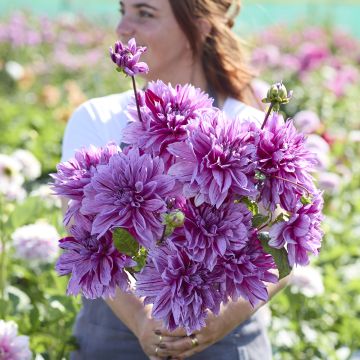
Available in 1 sizes
Available in 1 sizes
Available in 1 sizes
Available in 1 sizes
Available in 1 sizes
Brunnera macrophylla, Caucasian forget-me-not: a groundcover with tiny blue flowers
Brunneras are perennial groundcovers of shaded woodland that offer spring flowering reminiscent of forget-me-nots, but also particularly decorative foliage, sometimes variegated with silver or even golden as in the case of Brunnera macrophylla ‘Green Gold’. This makes them an ornamental perennial for almost the whole year, except in winter, when foliage disappears. This perennial is valuable for bringing light to the shadiest areas of the garden. Of disarmingly simple cultivation, this perennial requires no maintenance and favours woodland situations, in fresh, humus-bearing soil, but can sometimes suffer from summer drought. This perfect groundcover prevents weeds from growing, spreads gradually and even tends to self-seed.
→ There’s always a Brunnera to suit you, come and discover them in our online nursery. Brunneras are easy to care for, but we have nevertheless put together an article on the subject “Brunnera, Caucasian forget-me-not: planting, growing and maintenance“
Read also
How to stake a perennial plant?Echinops, azure globe: a blue thistle that's nothing if not prickly
True ornamental thistles, echinops have spiny foliage and summer inflorescences of metallic blue, slightly silvery, forming a spiny ball like the type species Échinops ritro. Equally at ease in natural and naturalistic gardens as in more contemporary, graphic gardens, these perennials are, moreover, melliferous and nectariferous plants that delight butterflies, bees and all other nectar-feeding insects. Robust, undemanding plant, echinops enjoys heat, sun and well-drained soils. One of plants best able to withstand drought and, if it establishes well, may even naturalise.
→ Most beautiful echinops with blue flowers are available in our online nursery! And to learn all about their cultivation, consult our sheet “Echinops: planting, growing and care“
Gentian: flowers in gentian-blue...
Although, as its name suggests, Gentiana lutea is yellow-flowering, other gentians, by contrast, produce beautiful deep-blue flowers… gentian. Like this magnificent Gentiana sino-ornata, a flower originating from the Himalayas. Its autumn flowering of large tubular, bell-shaped deep-blue flowers, veined with white, emerges from very fine lanceolate foliage. These gentians prefer partial shade, in slightly acidic, cool but always well-drained soil. Take care, however, to monitor watering during high summer.
→ Discover our wide range of blue-flowered gentians in our online nursery. Any doubts or questions about growing them? Find the answer in our fact sheet “Gentian, Gentiana: planting, cultivation and maintenance.
Felicia amelloides, Cape aster: a blue daisy
Native to South Africa, this curious blue daisy is really perennial only in the south, as it is hardy only down to -5 °C. But since Felicia amelloides or Cape aster forms a small flowering bush very quickly, it can quite happily be grown in the north, but then rather as an annual. Stems of this undershrub, rough and dark red in colour, bear evergreen ovate to rounded leaves of rather light green while flowering in blue heads takes place from June to October. Outer ligulate florets are a very bright blue, perfectly set off by the small golden-yellow centre. Grow Felicias in full sun, in a rockery, in perfectly well-drained soil in regions of mild climate or in a pot to overwinter in other regions.
Salvia pratensis, meadow sage: a hardy, rustic plant
Meadow sage (salvia pratensis), once common in our countryside, is a beautiful native perennial, very hardy and ideal for natural gardens. Very floriferous, the plant catches the eye with its bright blue-violet flowers borne on airy spikes. These flowers are very melliferous and nectariferous and attract many pollinators. Give it space in a flower bed or along a path; it will add a very natural touch! Meadow sage grows in full sun or partial shade in any ordinary soil, even poor and rather calcareous, but above all well-draining, heavy soils reducing its hardiness. Once well established, it tolerates dry spells.
→ Discover our other blue-flowering perennial sages and, for tips on how to grow them, see our fact sheet: “Sages: planting, pruning and maintenance“
Amsonia tabernaemontana - Amsonia: little blue stars
Amsonia tabernaemontana is a plant native to the moist woodland understorey of the United States. Variety ‘Blue Ice’ forms over time loose, soft, bushy clumps. This plant takes a few years to become properly established, then flowers well for many years. Flowering occurs between May and July in a multitude of vivid glacial-blue flowers. The foliage, resembling that of a willow, is also notable as it turns a lovely bright yellow in autumn before dying back in winter. Little known, this plant is nevertheless easy to grow in fresh, loamy or calcareous soil, preferably well drained. It can be planted in partial shade or in sun that is not too hot.
→ Discover all our Amsonias in our online nursery.
Geranium 'Brookside': one of the most beautiful geraniums with blue flowers
Hardy geranium ‘Brookside’, a hybrid between meadow geranium and ‘Kashmir Purple’, is a vigorous, hardy perennial. Very floriferous, it produces pretty pale blue flowers with white centres, fairly large, which appear from late spring and continue throughout summer and even into September if it doesn’t get too dry. Foliage is perfect as groundcover and turns lovely bright orange and red hues in autumn. Prefers sunny position or partial shade, in any fertile, well-drained but consistently moist soil.
→ We offer a wide range of blue-flowering hardy geraniums, find the most beautiful varieties in this article: “Most beautiful blue-flowering hardy geraniums” and discover everything you need to know about their cultivation in our plant sheet: “Hardy geraniums: plant, grow and maintain“
Meconopsis - Himalayan blue poppy: the holy grail of blue flowers...
Best for last! Or rather, it’s the plant everyone dreams of getting right. Because yes, it must be admitted, Himalayan blue poppy (Meconopsis betonicifolia) is a bit tricky to grow. People even say it should be reserved for those with truly green fingers. Well, if hands are merely covered in soil, that should do the trick anyway! This perennial plant is a splendour and it would be a pity not to try it. It flowers from May to June in superb diaphanous blue-petalled flowers accented by large yellow stamens. Plant Himalayan blue poppies in shade, in slightly acidic, cool but well-drained soil to avoid root rot. First year, plant flowers very little and it is recommended to cut flowering stems before flowering to strengthen plant.
→ Charmed by superb shade of this poppy? Follow Michael’s tips to grow it: “How to grow Himalayan blue poppy successfully” and discover full datasheet: Meconopsis, Growing, sowing, care
To learn more...
This advice sheet presents only a short selection. You will find a wide range of blue-flowering perennial plants in our online shop.
- Subscribe!
- Contents
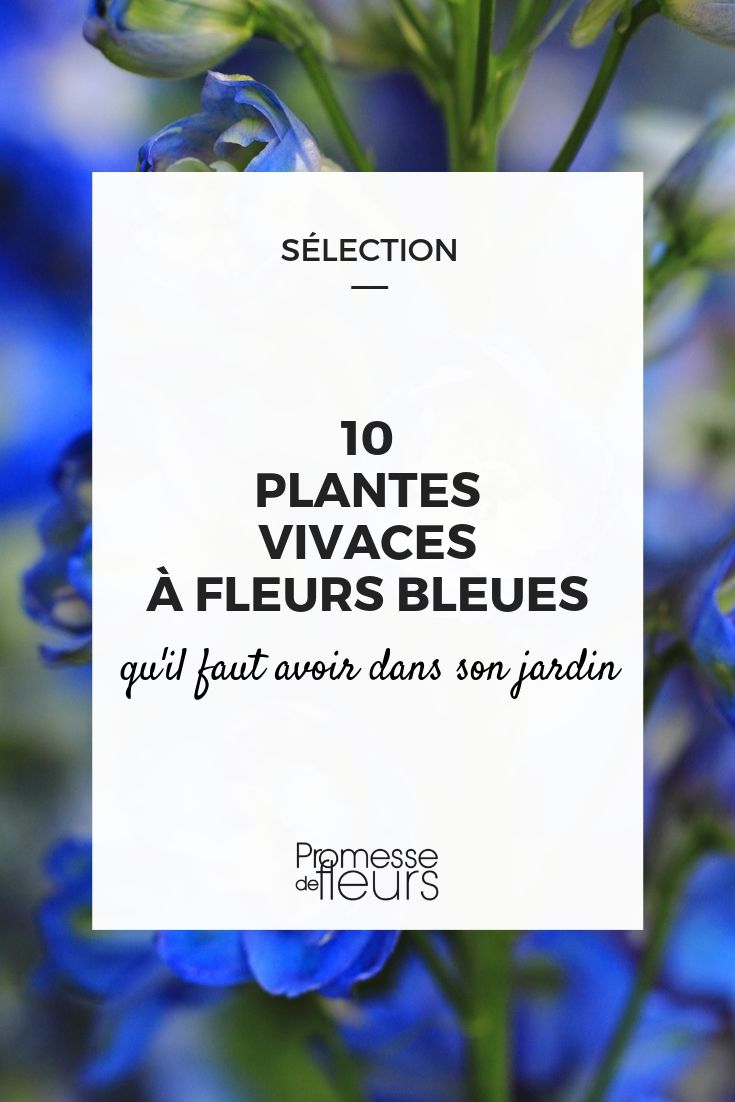






























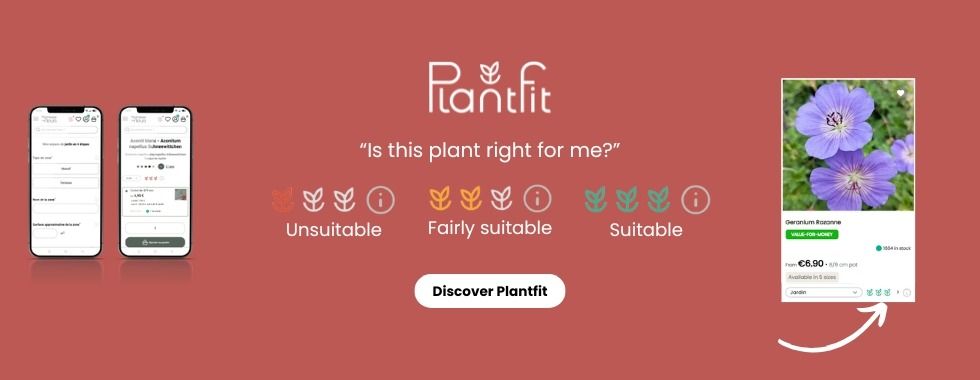
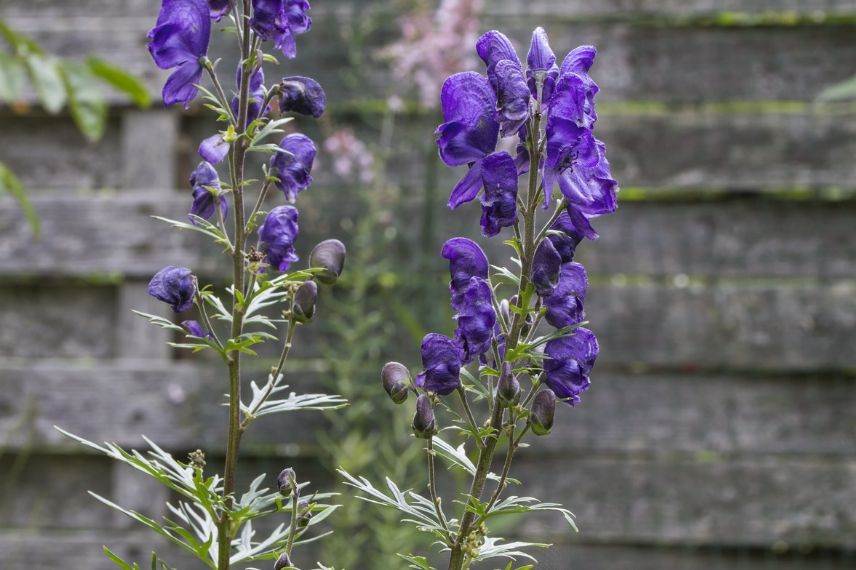
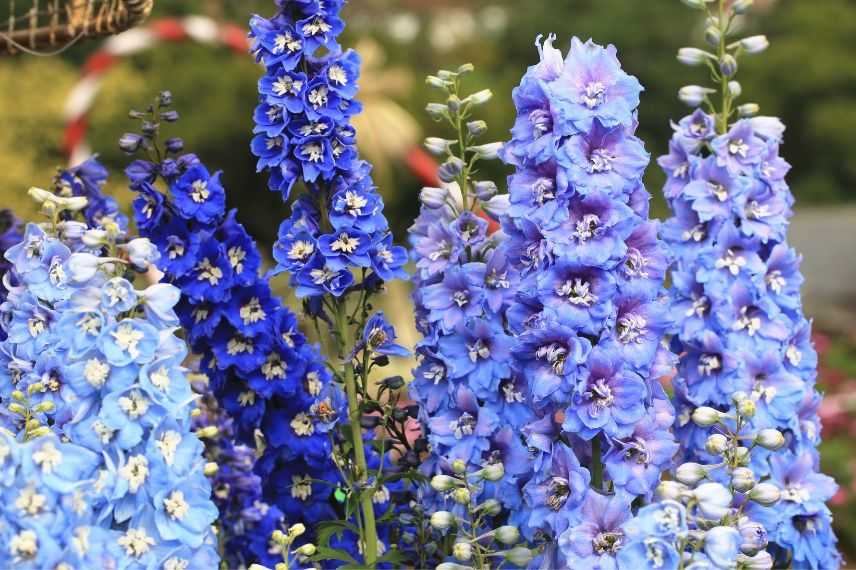
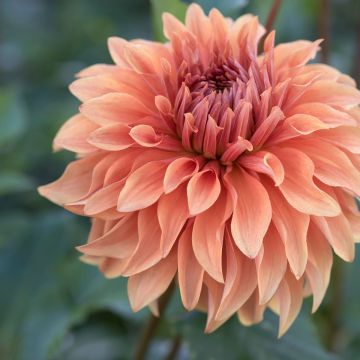
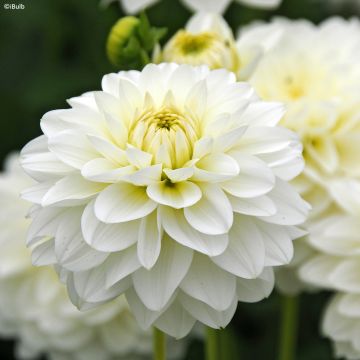
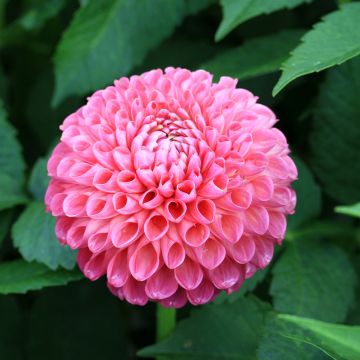
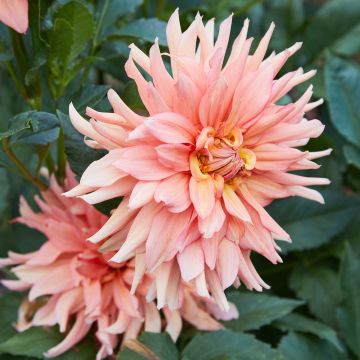
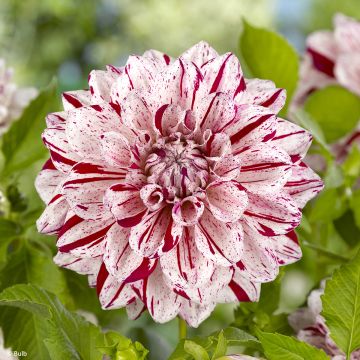
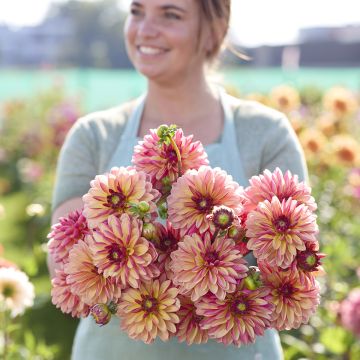
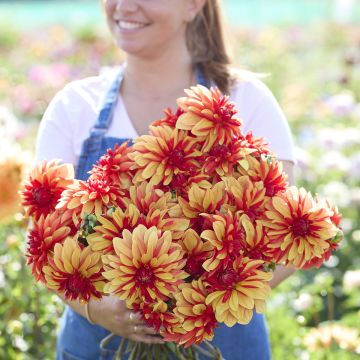
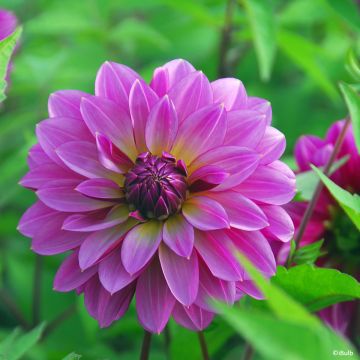
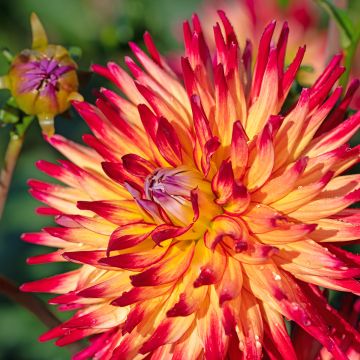
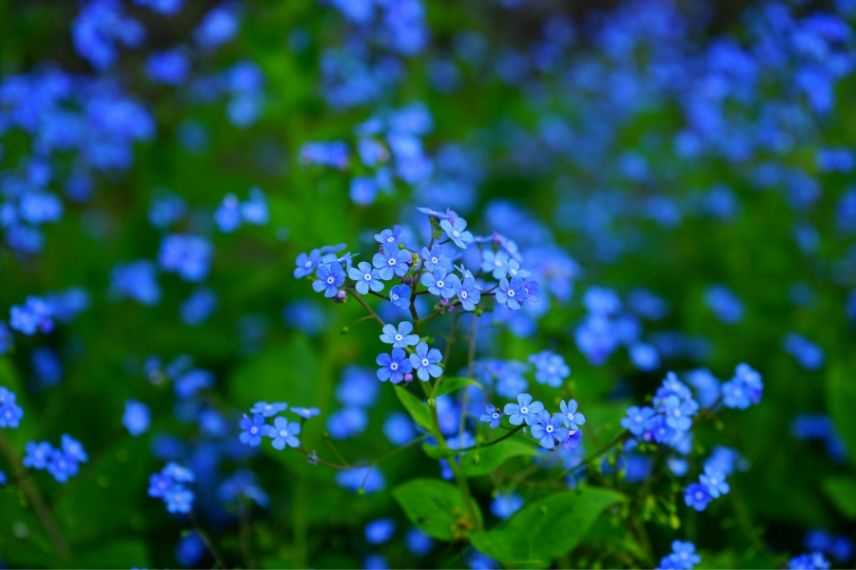
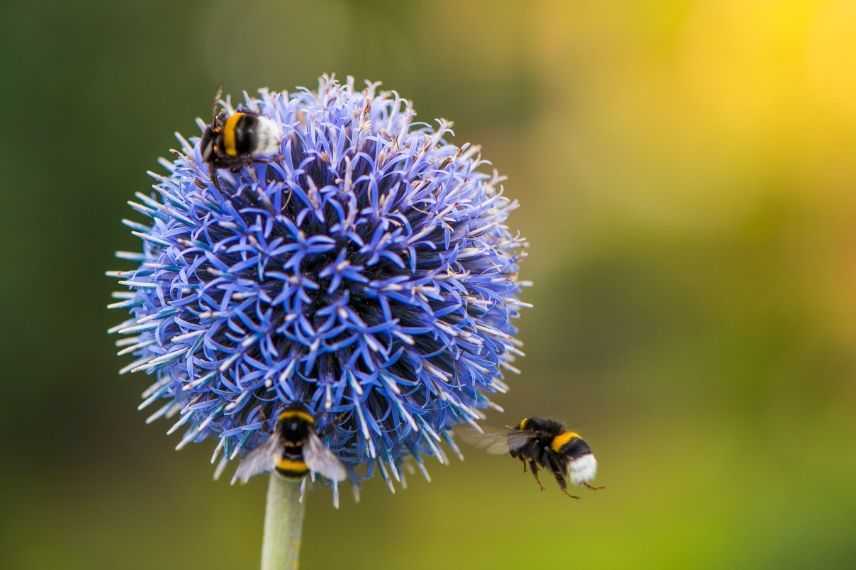
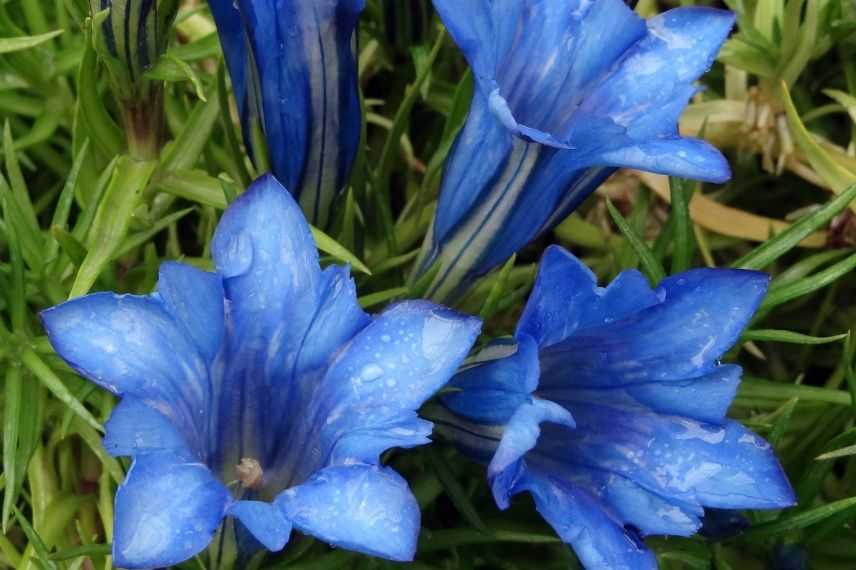
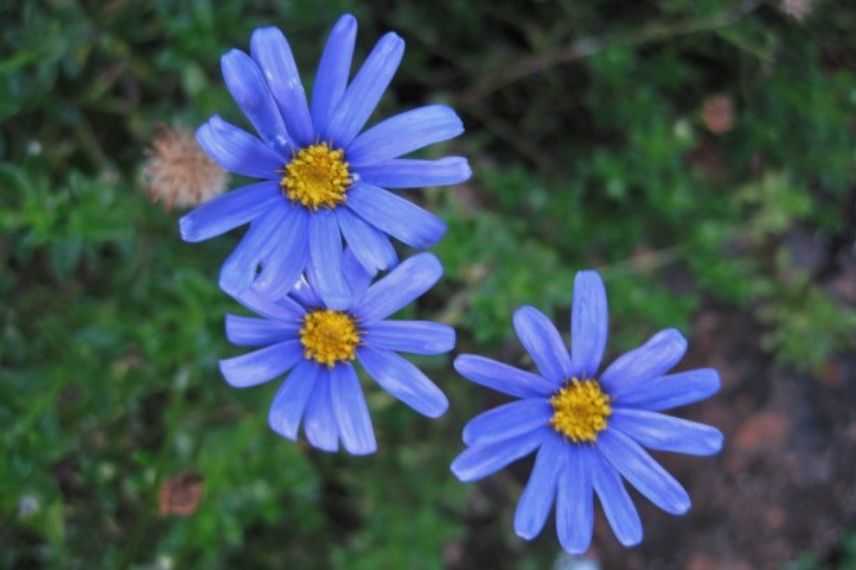
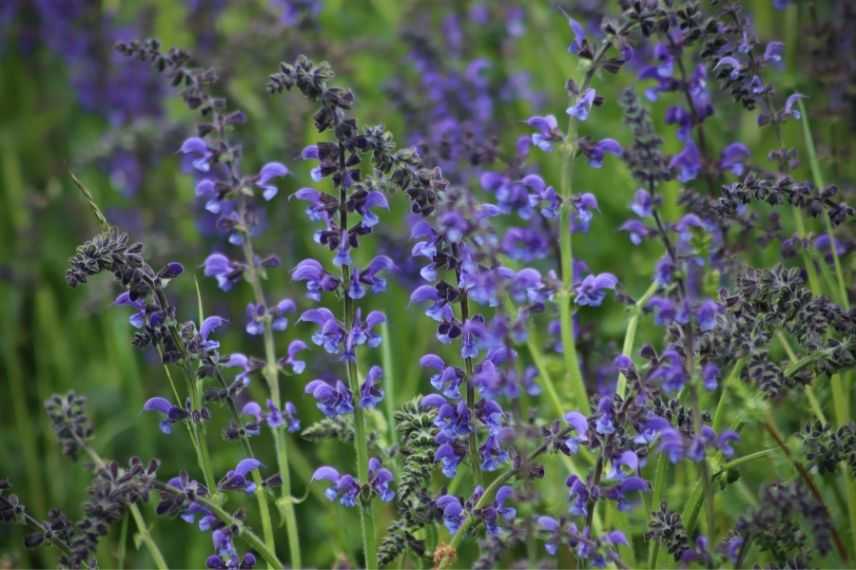
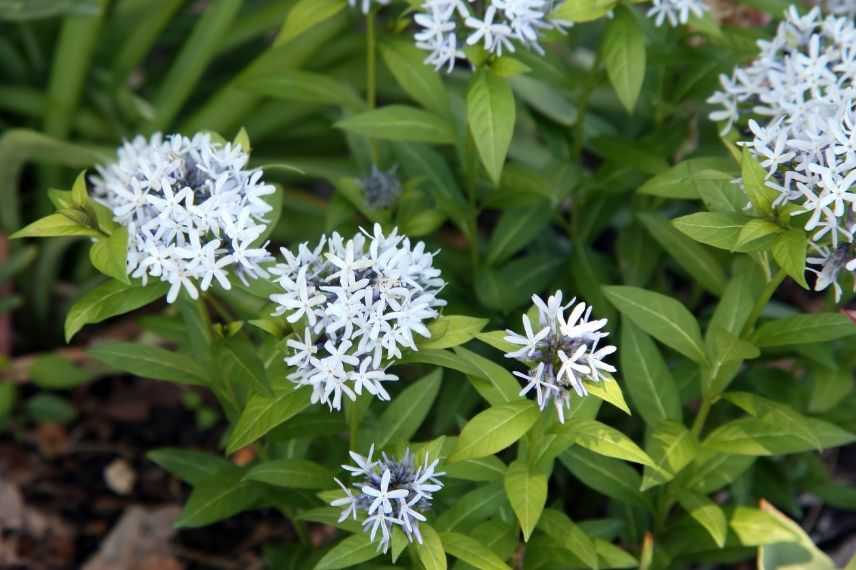
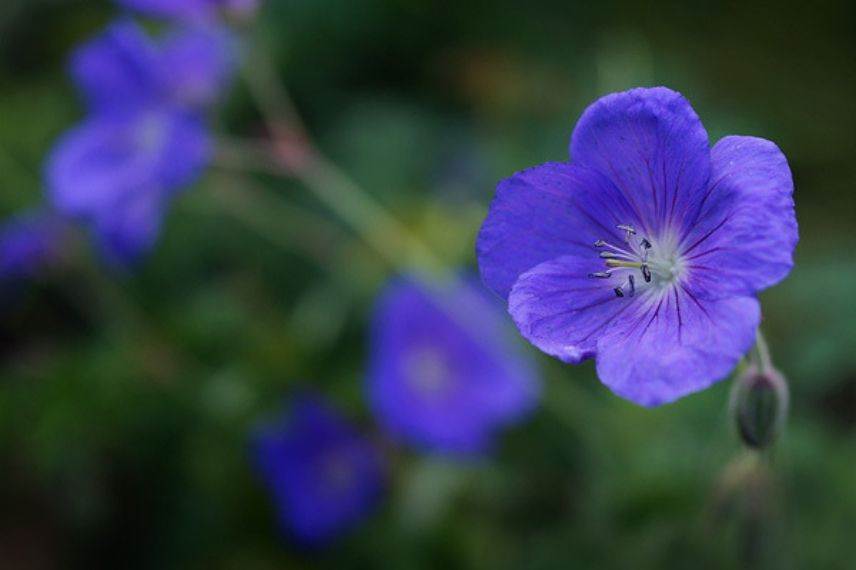
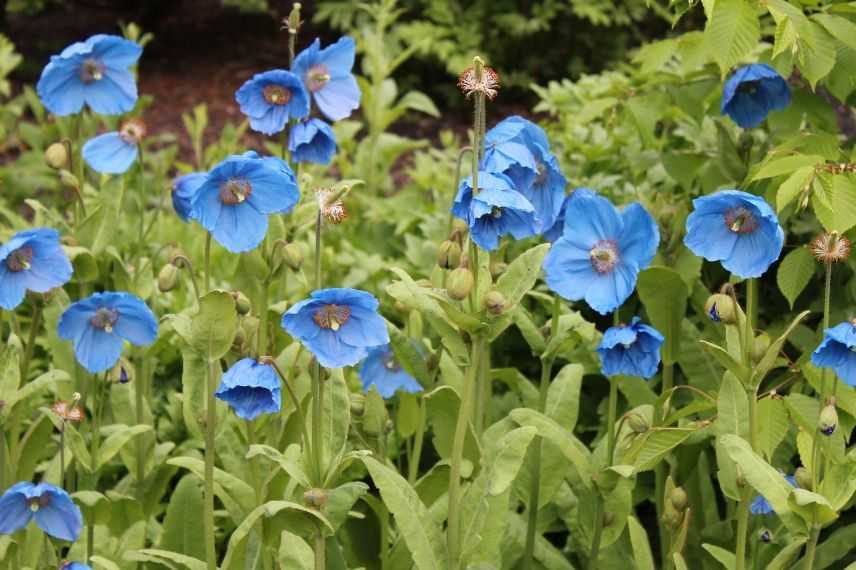
Comments